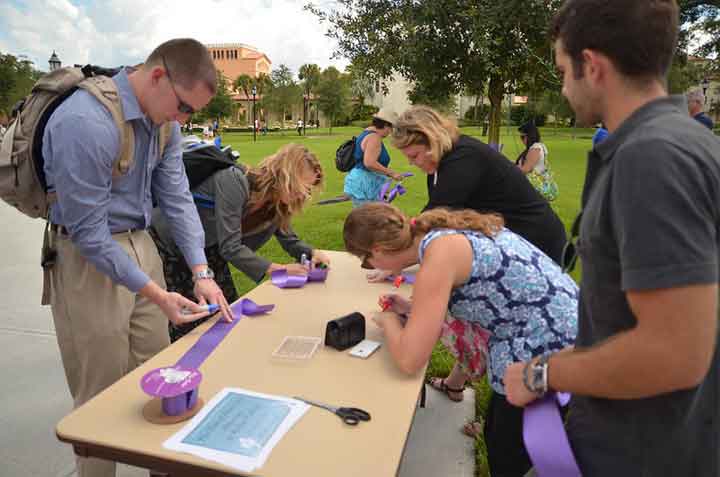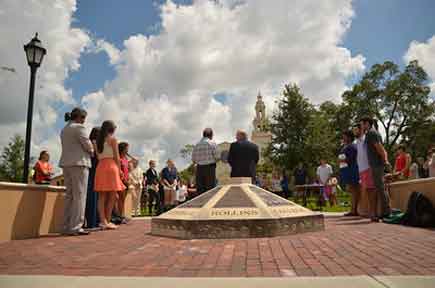How to Organize a Staff Memorial Service: Honor a Deceased Co-worker at Work

A staff memorial service at work can be an appropriate way to honor a staff member who has died. The following suggestions can help create a short, interfaith or non-religious service sensitive to the needs of all staff present while honoring a deceased co-worker.
Why Hold a Memorial Service at Work

When someone dies, the funeral is a traditional time to honor him or her. In the workplace, staff members may not be able to attend the actual funeral due to distance, time, or personal reasons.
Offering an interfaith or non-religious memorial service in the workplace gives the staff an opportunity to honor a deceased colleague in a setting familiar to all. Staff members may find closure in the loss of a co-worker by attending such an event. It is also a way a company can support its staff and create a caring team environment.
How to Organize a Staff Memorial Service
A member of the human resource team, a department dealing with human relations, or any caring, concerned colleague can set up a short memorial service. The following guidelines may assist anyone interested in holding a staff memorial service:
Receive permission from the company to hold said service and insist the service will be within company policy in regards to religion.
Set a time and place for the event, and notify all staff via email or memo of the event. Include that the service is strictly optional, to avoid people feeling their religious beliefs may be violated.
Create a centerpiece table for the memorial service. Solicit staff participation in sharing favorite memories of the staff for a book to offer the family, make a collage of images including the deceased staff, or find a framed picture of the deceased to arrange. A simple flowering plant can also add color and life to the centerpiece table.
Who Should Lead a Staff Memorial Service
Select a colleague or another individual to facilitate the event who is open to diverse faith traditions. Avoid selecting an administrator or CEO, as employees will feel obligated to attend to keep face rather than to honor the deceased.
If affiliated with a health care organization, a chaplain may be an ideal individual to act as facilitator. Chaplains are trained in interfaith ministry and will be sensitive to the corporate realm in a way a regular minister may not be.
What to Do for a Staff Memorial Service
The point of a staff memorial is for staff members to remember their deceased colleague in the life of the workplace and share their grief as a group.
A simple service, no more than twenty minutes, offers adequate time for honoring and sharing the former colleague. Set up the centerpiece at the front in honor of the deceased such as a picture or memory book.
Include a card for the deceased’s family or spouse for participants to sign, if desired.
A simple formula works well for a staff memorial service:
- Gather the group together by thanking them for attending in honor of the deceased colleague and offer a moment of silence for him/her.
- Read the former colleague’s obituary from the local paper or a biography of the colleague’s achievements from company sources.
- Invite those present to share memories of the deceased. Give at least ten minutes for this, as people are wrestling with their grief and may not be able to speak for some time. Offer comments to encourage further discussion about the deceased.
- Close the service with a prayer, if appropriate. For a non-religious setting, challenge those present to let the deceased colleague live on in their hearts by sharing his/her memories and positive contributions to the work place.
Honoring a deceased coworker at work can bring healing and closure to a community in grief. With a simple memorial service, a colleague’s memory is honored while former colleagues celebrate his or her contributations to their lives and the workplace in general.
